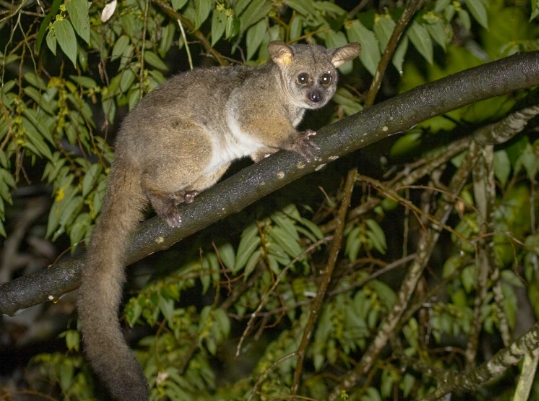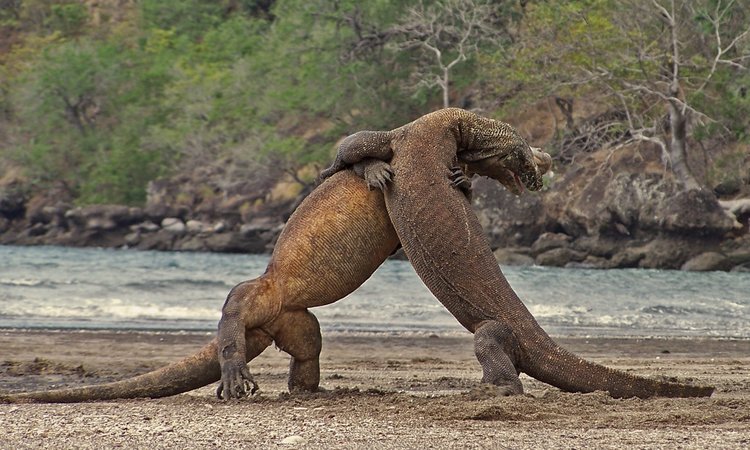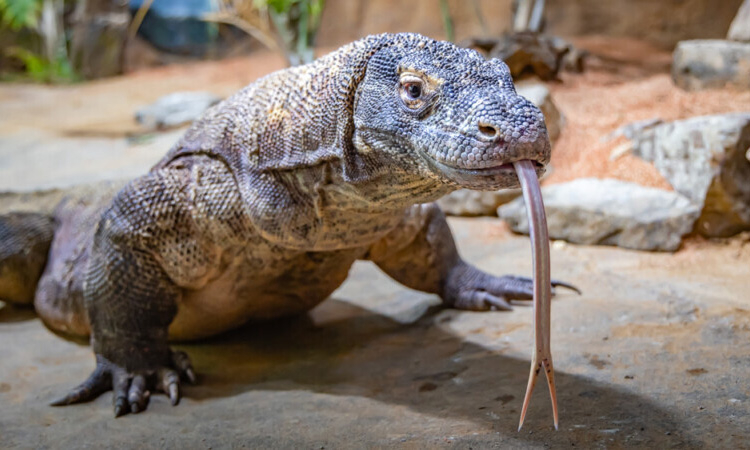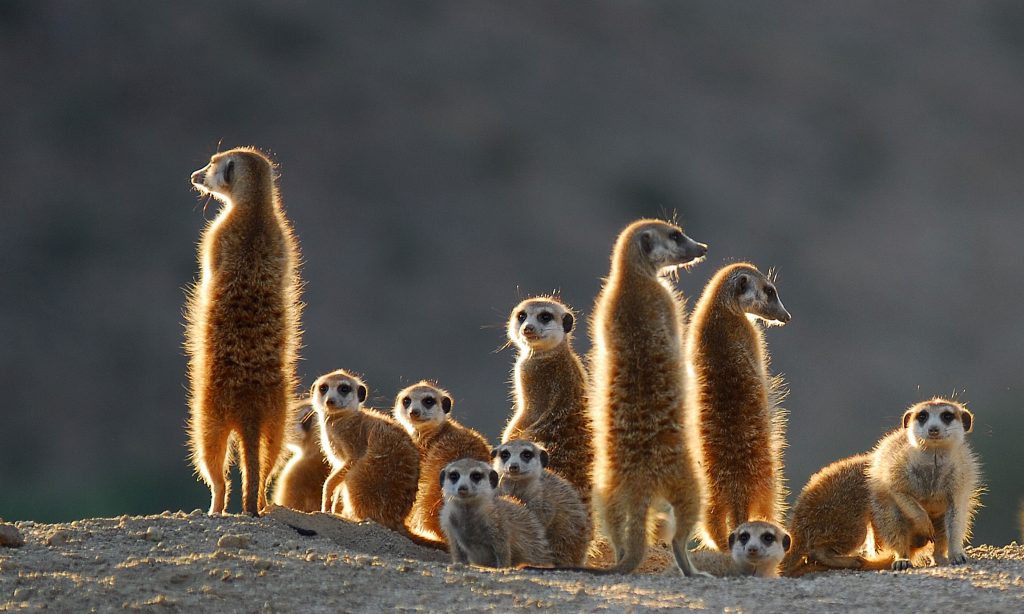Zanzibar is home to a diverse range of lemur species, each with its own unique characteristics and behaviors. These fascinating animals are a critical part of the ecosystem on this tropical island, playing important roles in the environment.
1. Red Colobus Lemur
One of the most iconic lemur species in Zanzibar is the red colobus lemur. These primates have distinct red fur and long tails, making them easily recognizable in the forest canopy. They are highly social animals, often seen in large groups as they move through the trees in search of food.
2. Zanzibar Dwarf Lemur
The Zanzibar dwarf lemur is another species found exclusively on the island. These small primates have a unique ability to enter a state of hibernation, allowing them to conserve energy during times of food scarcity. Despite their small size, they play a crucial role in pollinating plants and dispersing seeds throughout the forest.
3. Aye-Aye Lemur
The aye-aye lemur is a rare and elusive species that can be found in Zanzibar. Known for their long, slender fingers and large eyes, these nocturnal primates are expert foragers, using their specialized finger to extract insects from tree bark. Despite their unusual appearance, aye-aye lemurs are an important part of the island’s ecosystem.
4. Conservation Efforts
Due to habitat loss and poaching, many lemur species in Zanzibar are considered endangered. Conservation efforts are underway to protect these unique animals and their habitats, ensuring their survival for future generations. Local organizations and international partners are working together to raise awareness about the importance of lemur conservation and implement strategies to safeguard their populations.
5. Ecotourism Opportunities
Visitors to Zanzibar have the opportunity to see these fascinating lemurs up close in their natural habitat. Guided tours and ecotourism initiatives offer a chance to learn about the different species of lemurs in Zanzibar and the conservation efforts being made to protect them. By supporting sustainable tourism practices, visitors can contribute to the preservation of these iconic animals.
In conclusion, the lemurs of Zanzibar are a vital part of the island’s unique ecosystem. By learning more about these fascinating animals and supporting conservation efforts, we can help ensure their survival for generations to come.




